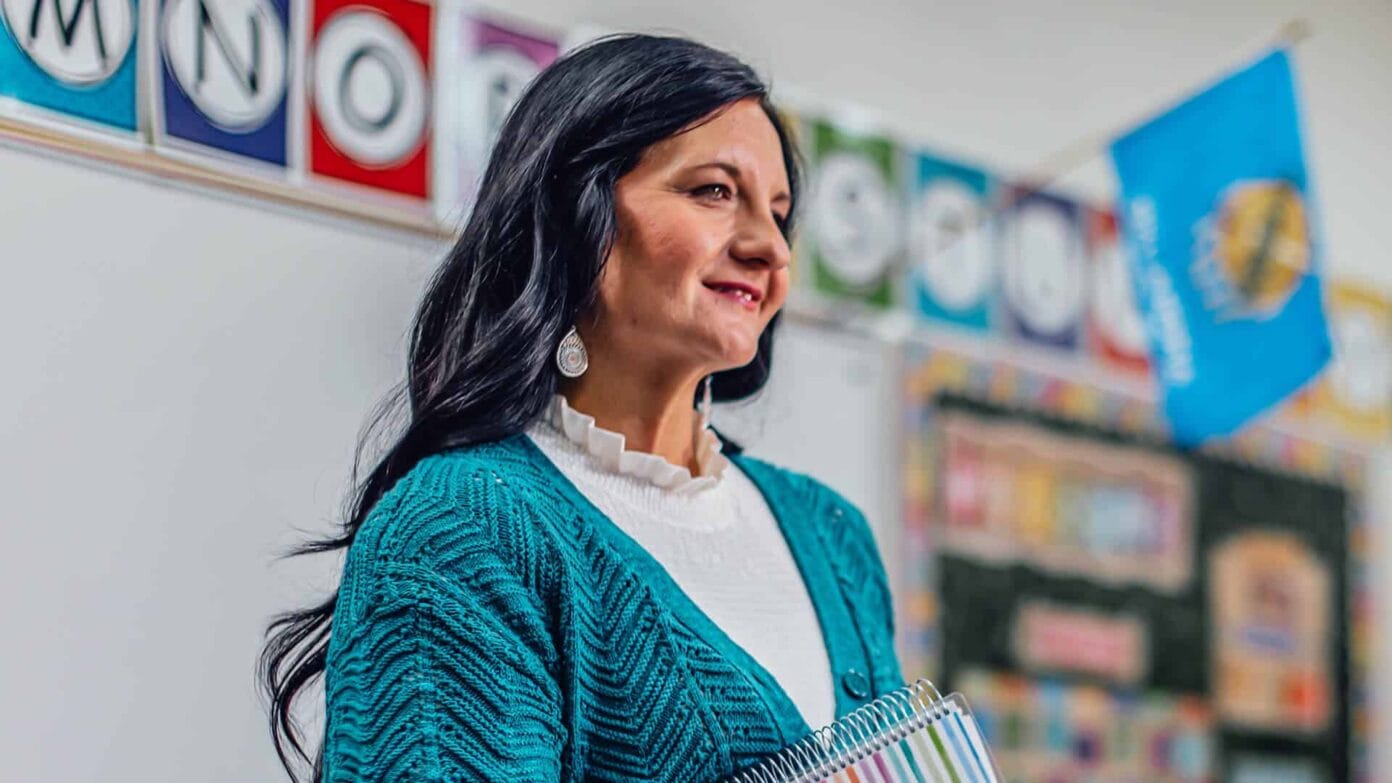This month, thousands of students across the U.S. will grab their backpacks, load up their supplies and head out the door for the first day of the new school year.
They will reunite with old friends and make new ones, maybe learn their way around a new building or look for what’s new in their familiar one. Others may be looking forward to eating a hot breakfast, something that isn’t always available in their homes. Maybe there wasn’t enough money for a new backpack or shoes this year. For these students, the first day of school may bring uncertainty and anxiety.
No matter the situation, teachers have been prepping for weeks to make every single student feel safe and welcome in their classrooms. They have thought about each decoration, the placement of every desk, and the best way to welcome these new faces.
In a few days, special education teacher Stephanie Roberts will return to the classroom just as she has done for over 20 years now. This year, she will count herself among the new faces at Tannehill Public School in McAlester.
Teaching isn’t something a person just decides to do. It’s a calling — something a person feels compelled to do. Stephanie’s calling came in the wake of a family emergency. At age five, Stephanie’s cousin was struck by a vehicle, leaving her with a traumatic brain injury and physical disabilities that would affect the rest of her life. Rather than resign themselves to the idea that their daughter would not be able to learn or function “normally,” the little girl’s parents advocated for her to receive an education comparable to other children her age.
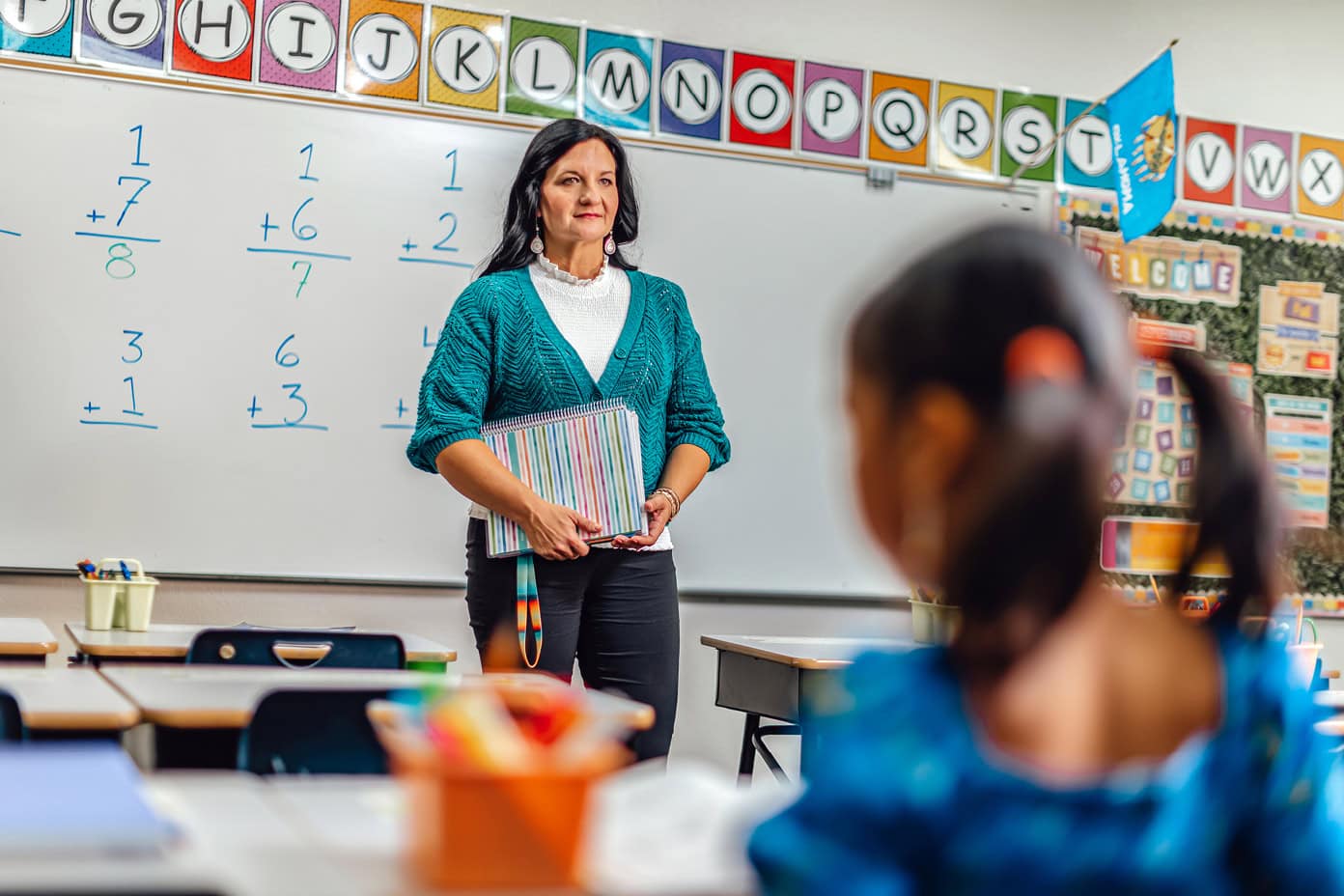
Inspired by her cousin’s journey, Stephanie began looking forward to a career working with children who, like her cousin, deserve the best education possible despite any impediments they may experience.
“What led me towards this career is believing that everybody can learn in their own ways and should be given every opportunity to experience school and education and what that means, regardless of your physical ability or your mental ability,” said Stephanie.
While Stephanie is certified to teach children with any type of disability, her heart lies with those students whose challenges are more in the moderate to severe range because they often achieve the greatest milestones.
Seeing a student learn a skill that will make them more productive in the future is one of the most rewarding things a teacher can experience. Things others take for granted, like learning their names, phone numbers, or addresses may be great breakthroughs for children with profound disabilities. Fine motor skills are also often challenging for some of these students.
One of Stephanie’s favorite moments as a special education teacher came when a student learned to tie his own shoes.
“I had a junior high student who had to wear Velcro shoes because he couldn’t tie his shoes. Well, Velcro is not cool for a junior high student, so we worked, and we worked, and we worked, and this young man learned to tie his shoes. It was the greatest thing ever, and we celebrated and had a party,” she remembers. “These kids want to be just like their peers. They want to wear what they wear; they want to participate like they do, and just to be able to see little things as simple as tying a pair of shoes, so they can have a pair of Jordans like everybody else is just huge.”
While this work is not for the faint of heart, these breakthrough moments make it all worthwhile for Stephanie Roberts.
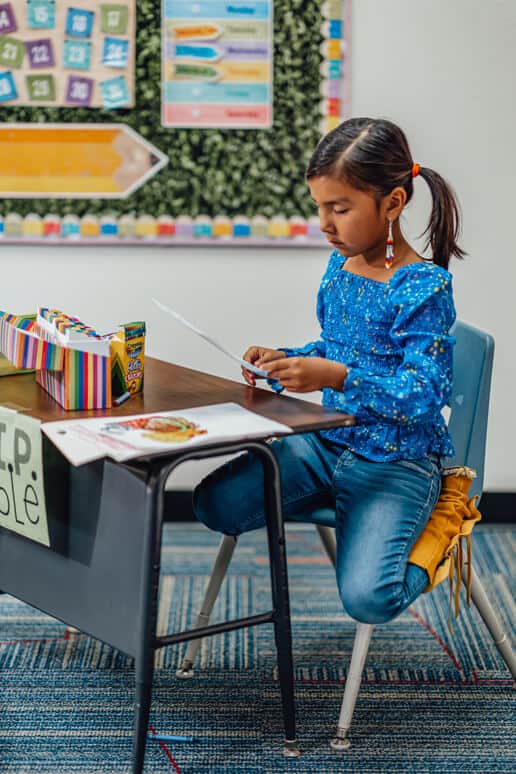
"Some people can't handle the mental toll that can take, but to see the growth curve in those students is just amazing. It makes you feel like you're accomplishing something that you don't see every day in a general education classroom."
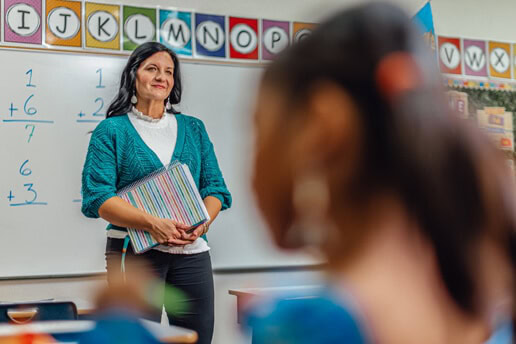
Many teachers would say they are chasing the coveted “lightbulb moments” in their students. These are the times when something just clicks, and a student understands something for the first time, like a lightbulb switching on. Few things are more affirming or energizing for a teacher than to witness the change in a child’s face when they “get it.”
Stephanie says these “lightbulb moments” happen pretty often in the special education classroom because teachers have freedom to focus on individual skills.
“How fun is it to know a kiddo learned how to tie their shoes after they’ve been trying for six years, and you get to celebrate that?” said Stephanie. “The feeling of those little achievements are what keeps me in year after year.”
Aside from teaching kids the life skills they need to be productive, teachers often find themselves in the roles of counselor, nurse, parent, guardian, etc. For Stephanie, being what a child needs in the moment is the most important thing a teacher can do, and being able to fill whatever that role may be means building a strong relationship with the child.
“They may wake up and no one in their life can fix whatever the problem is,” she said, “You get to be the person who comes in and fixes it for them.”
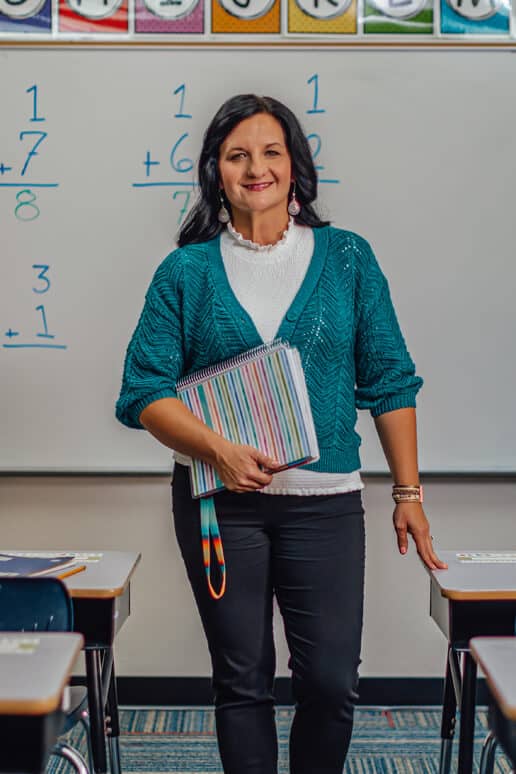
The bonds a teacher has with students and their families are lasting, especially when they have celebrated milestones together, and one of the greatest moments in a teacher’s career is seeing a student graduate from high school.
“It’s almost like it’s one of your own children. You know, you’ve spent so much time with them, day in and day out, and you feel such a sense of pride for them and for their achievements and how hard they’ve worked. You can see the excitement they feel all over their face and in the way they walk and carry themselves,” Stephanie said. “It’s kind of a mom moment. You feel so proud and so happy, and you can just see great things coming in their future.”
There’s no denying that the teaching profession is facing mounting challenges every year. With teacher shortages, changes in curriculum and testing, and pressure to hit ever-moving targets, entering the education profession can seem daunting. But Stephanie has some practical advice for anyone thinking of taking the leap:
Focus on time management and task completion.
Find the right fit for you —the right school, the right coworkers, the right administration, and the right community.
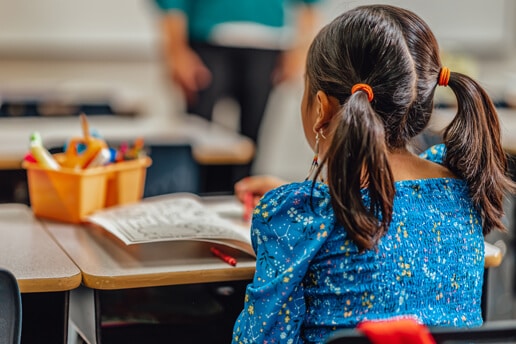
"If it has been laid on your heart to be in education, you should go for it. There are challenges you have to face, but there are challenges in any workforce. Whether it's nursing or retail or whatever, you're going to face a challenge at some point. But the rewards you get from teaching are going to outweigh any negative."
